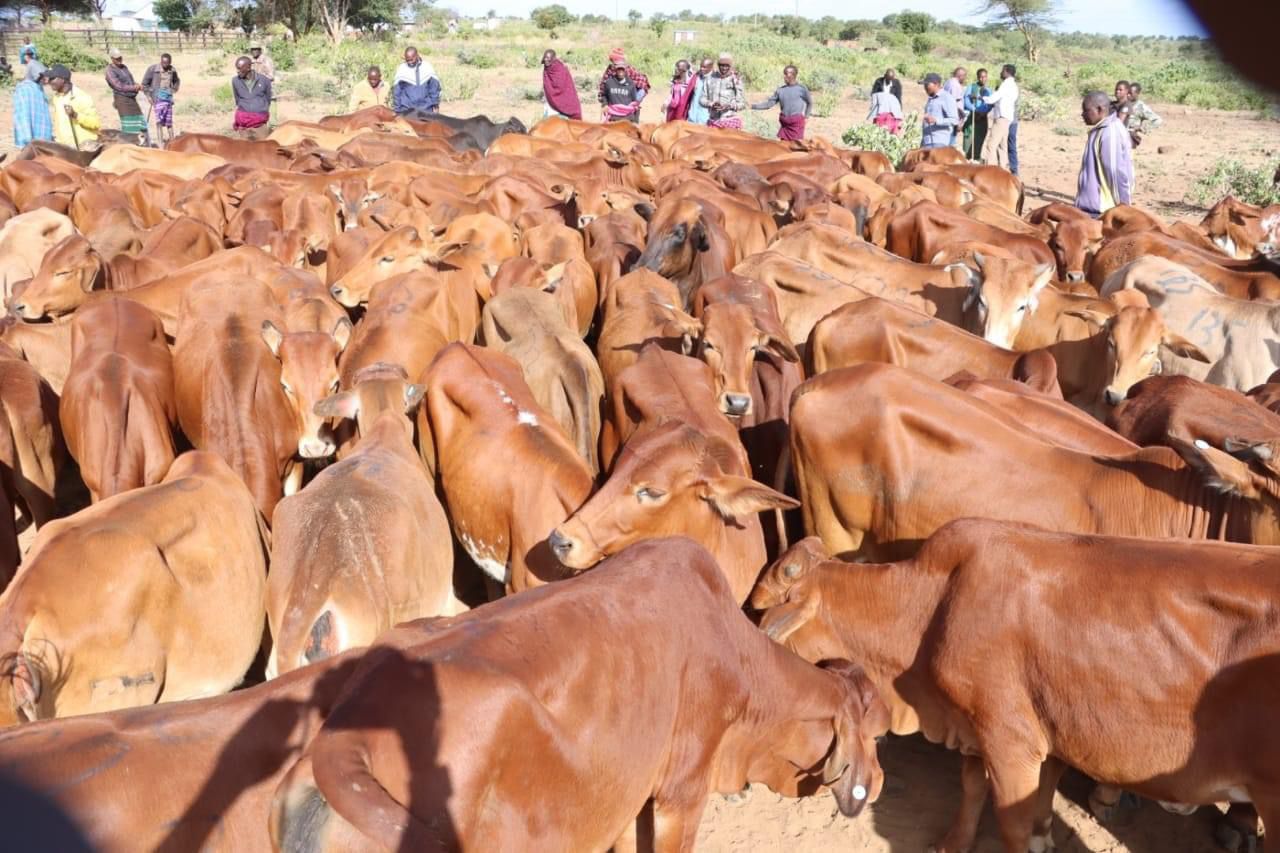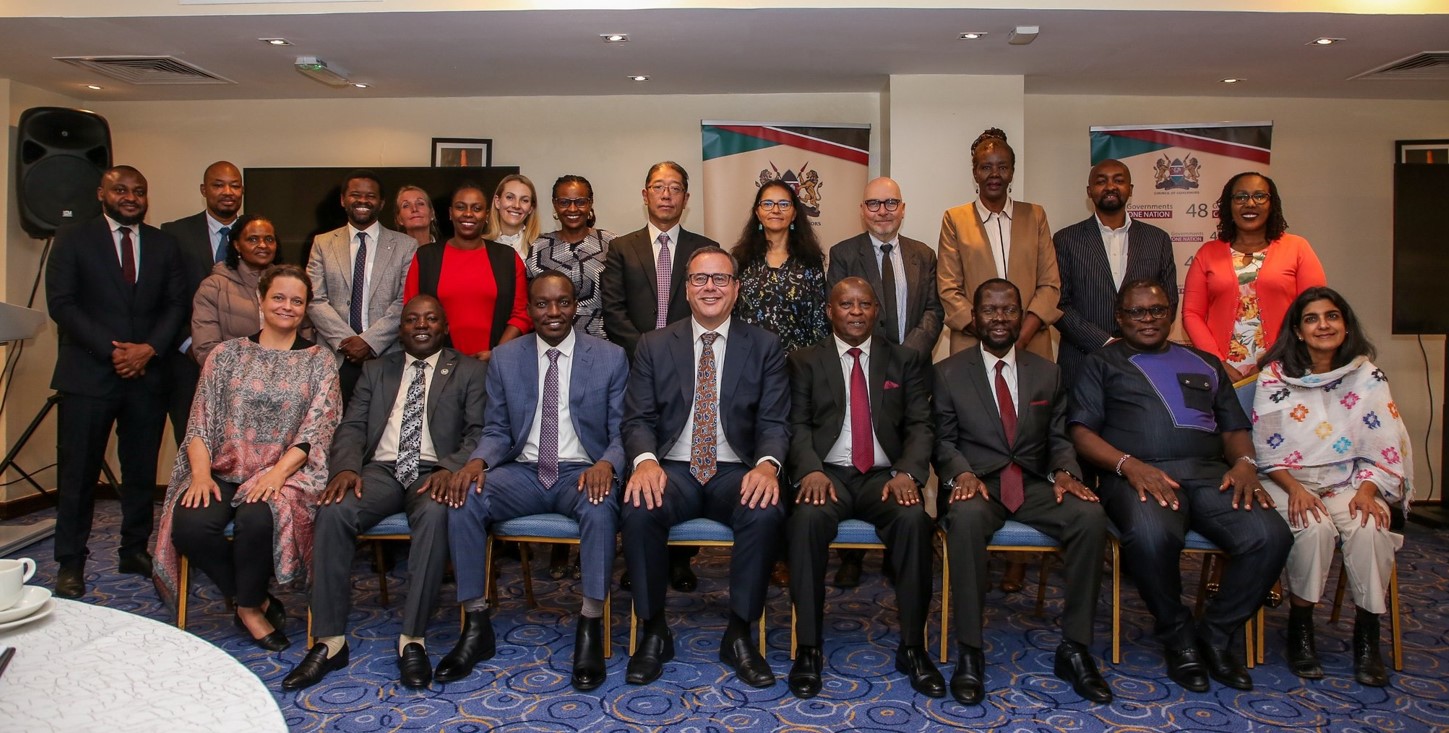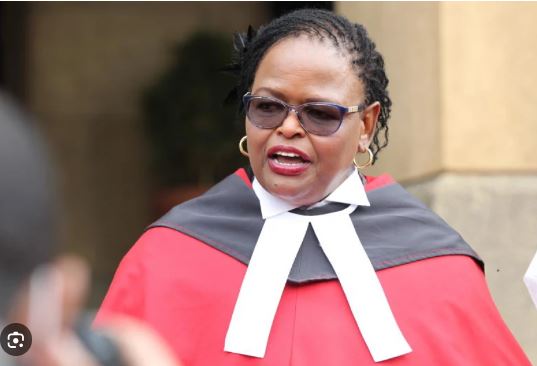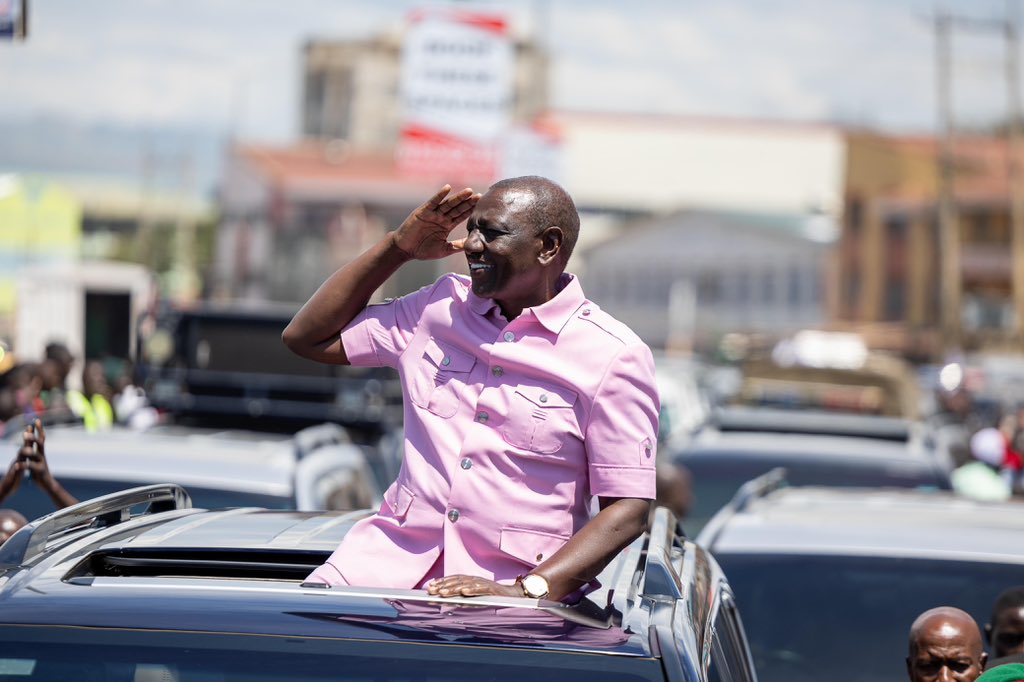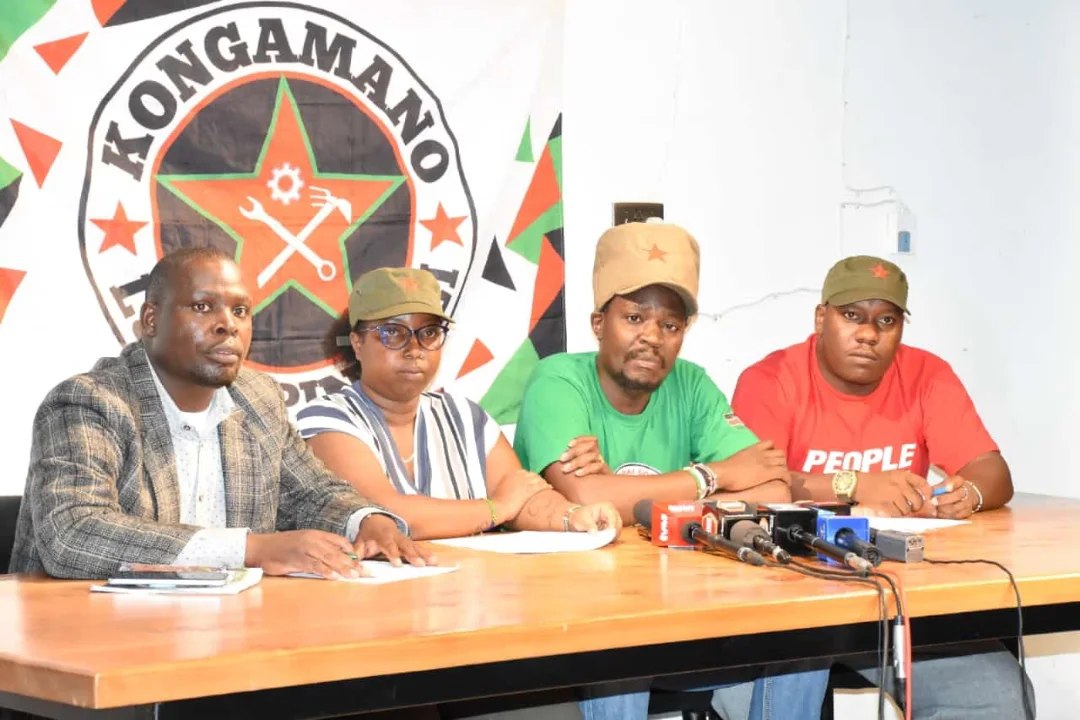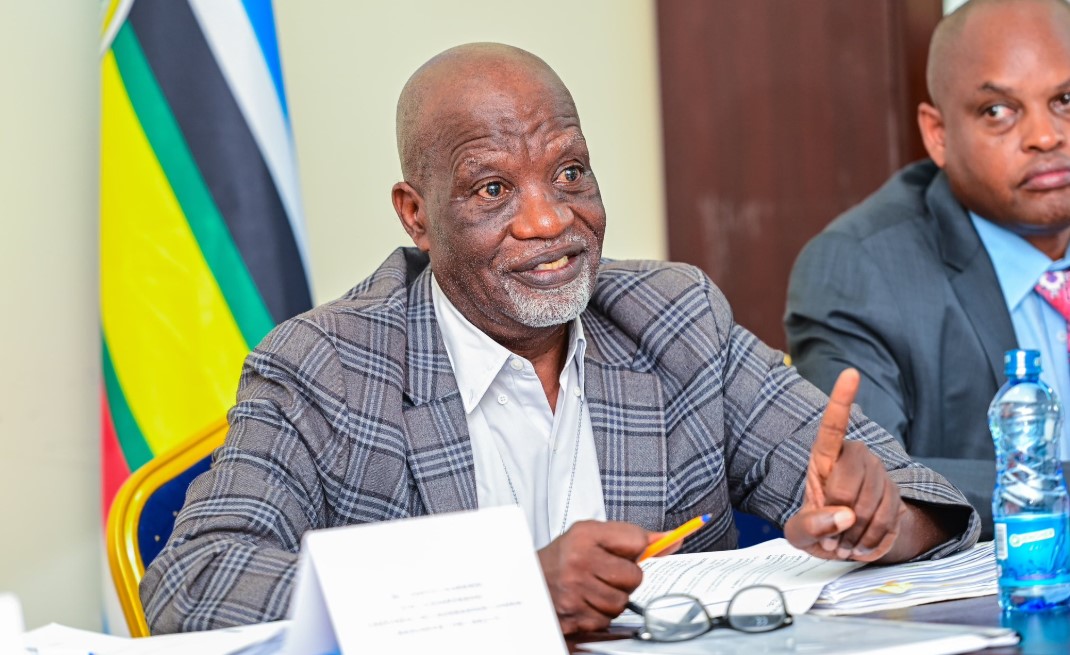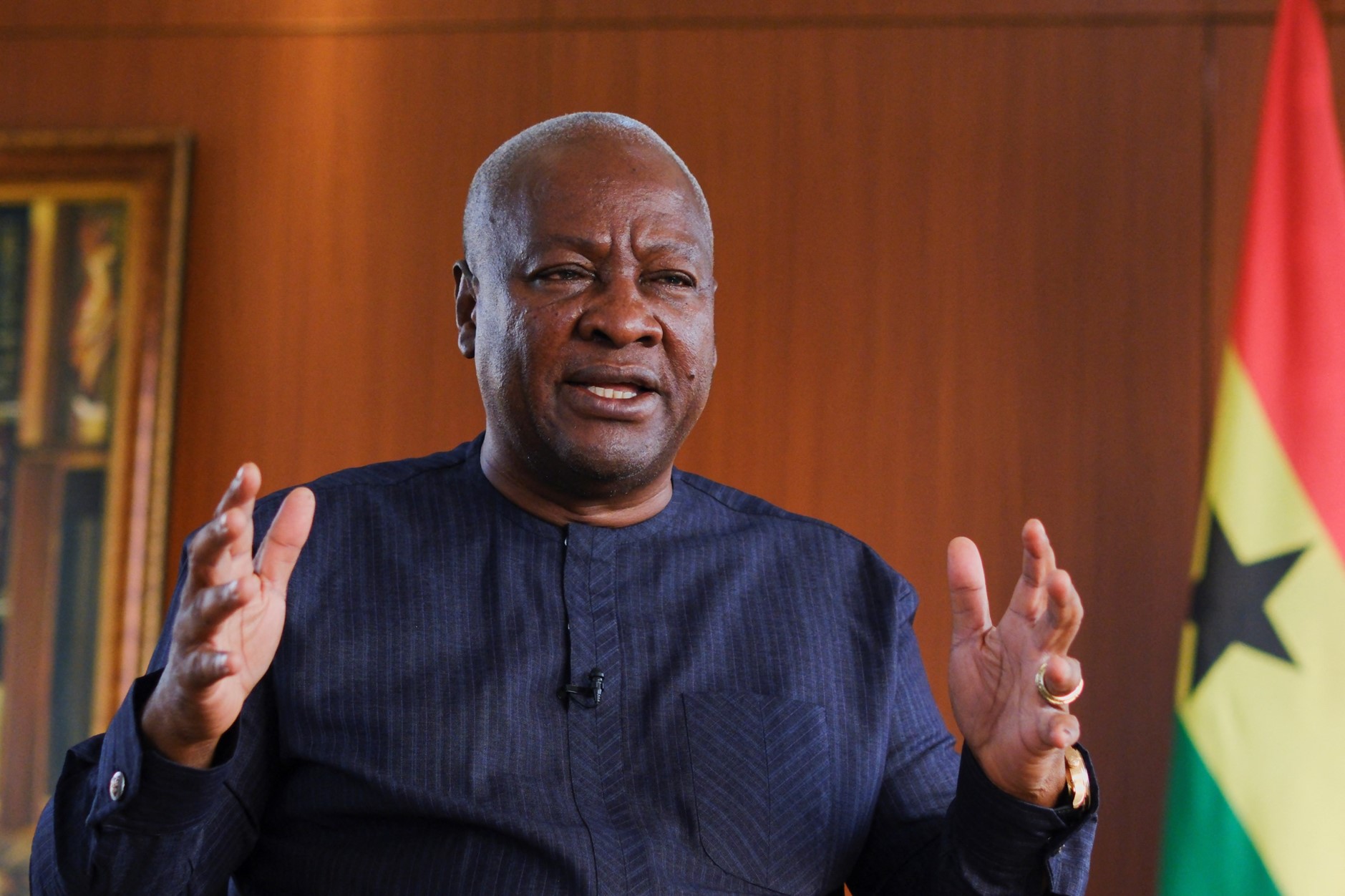Government extends controversial G-to-G oil deal, citing stabilisation of shilling

By Lucy Mumbi |
The G-to-G arrangement allows Kenya to import refined petroleum products and make payments in Kenyan shillings, rather than in US dollars.
The government has extended its controversial government-to-government (G-to-G) oil deal, which was initially set to expire this December.
In a Cabinet meeting chaired by President William Ruto on Tuesday, the government announced that the extension was necessary due to the positive impact the deal has had on stabilising the country's economy.
Keep reading
According to the Cabinet, the deal has significantly reduced the monthly demand for US dollars needed for petroleum imports, helping stabilise the shilling-dollar exchange rate.
The exchange rate has improved from a high of Sh166 earlier in the year to Sh129, offering relief to the economy.
The G-to-G arrangement allows Kenya to import refined petroleum products and make payments in Kenyan shillings, rather than in US dollars.
Previously, Kenya required an estimated $500 million each month to pay for fuel imports. Under the arrangement, Saudi Aramco, Abu Dhabi National Oil Corporation (Adnoc), and Emirates National Oil Company (Enoc) provide the fuel on a 180-day credit period.
Local firms, including Gulf Energy, Galana Energies, and Asharami & One Petroleum, import the fuel and pay in dollars, while other oil marketers pay in shillings.
The deal, which began in April last year, was introduced to curb the free-falling value of the shilling by reducing the pressure on foreign currency reserves.
"The arrangement has eased the monthly demand for US dollars for petroleum imports, stabilising the shilling-dollar exchange rate at 129 from a high of 166 and reducing pump prices from 217 per litre of petrol to 177," the Cabinet said in a statement.
However, the deal has not been without its critics. Despite the stabilisation of the shilling, concerns have been raised that consumers are losing out due to the fixed nature of fuel prices.
Local firms are purchasing fuel at fixed premiums of $90 per barrel of petrol and $88 per barrel of diesel, which contrasts with the global decline in fuel prices. For example, the price of crude oil dropped to $83.80 per barrel in September, compared to $87.28 in the same month the previous year.
Channoil Consulting and Kurrent Technologies noted that the average supplier’s premium for the G-to-G mechanism was higher than that of the Open Tender System (OTS), which is another fuel import model.
The premium for G-to-G imports is Sh7.21 per litre, compared to Sh4.51 per litre for OTS imports. "For the government-to-government mechanism, the average suppliers' premium for June to July 2024 is Sh7.21 per litre or Sh2.70 per litre higher than the OTS mechanism for the sampled months," they said.
The price of petrol globally has dropped from $804.16 per tonne in October last year to $695.05 per tonne in the same month this year, and diesel prices have also fallen. However, this has not led to a corresponding reduction in pump prices in Kenya, raising further concerns about the impact on consumers.
The deal was initially negotiated with the inclusion of Uganda as part of the market, but Uganda pulled out a year after Kenya began the imports. The International Monetary Fund (IMF) warned that Uganda's exit could expose Kenyan taxpayers to potential losses, as the country may have to compensate the Gulf oil firms for the shortfall in contracted volumes.
"Imported volumes so far are short of the contracted amounts due to a decline in fuel consumption both in the domestic and re-export markets. Given the contracted volumes, the authorities could face contingent liabilities from a decision by Uganda," the IMF said.
Uganda had criticised Kenya for failing to consult with it during the negotiations and blamed the high fuel prices in Kampala on the deal. Despite this, Uganda has the highest fuel prices in the East African region, making the situation in the neighbouring country more complex. Uganda has since entered into a five-year deal with Vitol Bahrain, which has its own set of challenges.
In addition to the oil deal, the Cabinet also approved the procurement of Liquefied Petroleum Gas (LPG), Heavy Fuel Oil, and bitumen through a centrally coordinated bulk procurement system.
This being the last Cabinet meeting in 2024, President Ruto expressed his gratitude to the Cabinet for their efforts during the year, highlighting successes in sectors like food production, housing, labour mobility, and tourism.
He emphasised that his administration focused on transformation rather than populism or political distractions, saying, "It is not about some people, but all the people
Reader comments
Follow Us and Stay Connected!
We'd love for you to join our community and stay updated with our latest stories and updates. Follow us on our social media channels and be part of the conversation!
Let's stay connected and keep the dialogue going!

